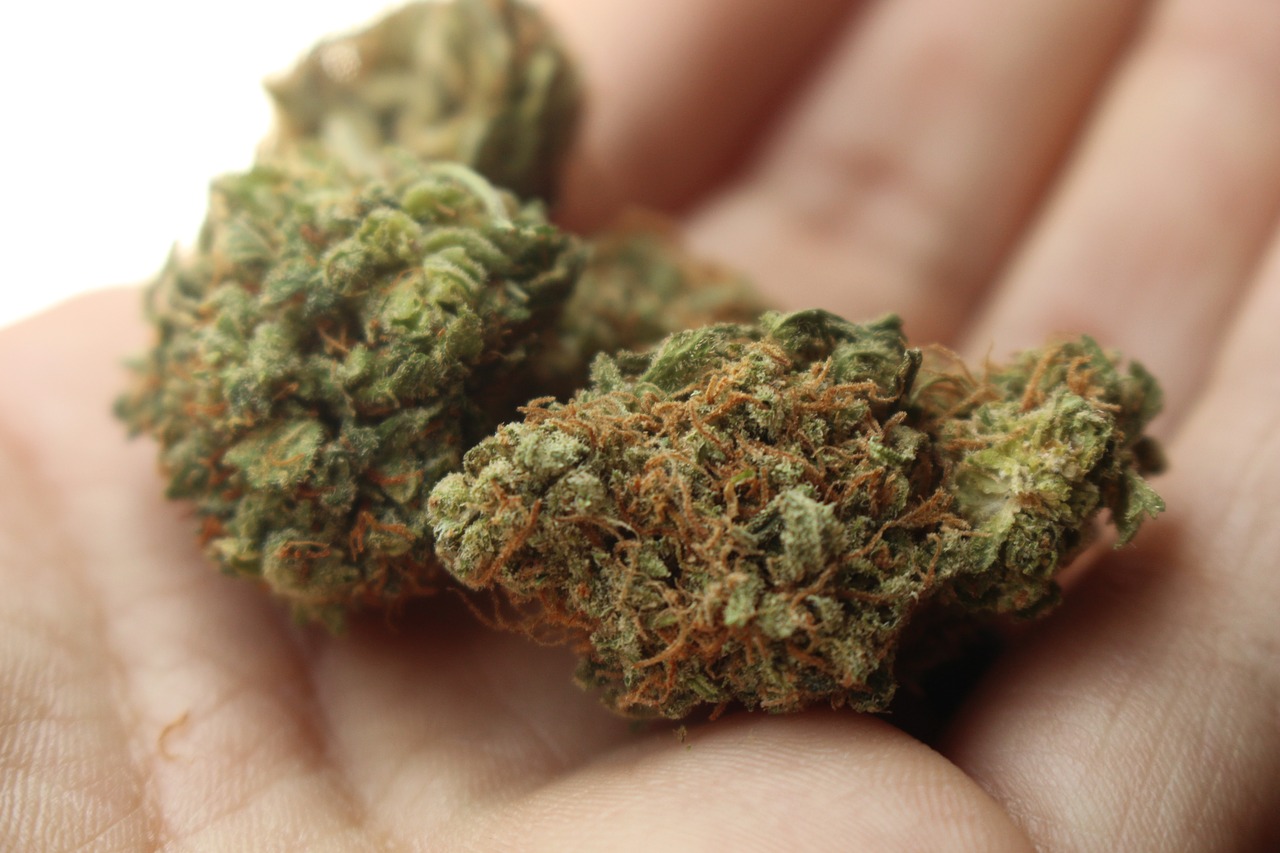Peru Drug Raid Exposed Anti-Cannabis Hypocrisy, Led to Medical Use Law
June 25, 2019 by Jon Southurst 0 Comment

A 2017 drug bust in Peru has played a role in shifting public opinion on cannabis across Latin America. The country is about to enact a medical marijuana law that allows licensed producers to grow, sell, and even export medicinal products — joining Uruguay, Chile, Argentina and Colombia in a trend towards liberalization for the once drug-averse region.
Also read: Legal Cannabis Sales Will Grow to $40bn… If You Get the Regulation Right
Police Busted Not Criminals, but Family Health Advocates
The police raid in Lima’s San Miguel district in August 2017 targeted a property that housed an underground cannabis production facility. However, as US News reported, the lab was not operated by a criminal organization — instead, it was a group of families seeking alternate and more effective medical treatments for sick relatives.
Public support and media opinion in Peru fell not behind the police, but behind the families involved. They were members of a group calling itself Buscando Esperanza (“searching for hope”) and its leader was a mother trying to find a treatment for her teenage son, who suffers from severe epilepsy. The boy, 19, had physically injured himself several times as a result of seizures.
A judge threw out the case against Ana Alvarez and a Peruvian doctor who had provided Buscando Esperanza with medical advice. Furthermore, the cannabis tincture Alvarez’s son used had proved effective at reducing his seizures from up to 10 a day to two, even zero. He has been able to complete high school and live a more normal life.

Peru and Four Others in Latin America Are Leading Cannabis Health Awareness
Peru’s congress has now approved a bill permitting a licensed medical marijuana industry. Its sponsor, congressman Alberto de Belaunde, acknowledged that it faced stiff opposition from other members and that it could only have passed by allowing cannabis for medical use, but not recreational.
Since 2015, Argentina, Chile and Colombia have approved medical marijuana legislation — while Uruguay has fully legalized both medical and recreational use.
Research has shown opinions tend to shift in favor of cannabis where medical arguments are at the forefront. This is mainly due to concerns over public health and safety (particularly road safety) and fears resulting from decades of anti-marijuana propaganda by governments around the world.
Crime and Drug Abuse Propaganda Withers in Face of Facts
Scratch beneath the surface of marijuana arrest and use stories anywhere, and distinguishing facts start to become apparent. They are not hard-drug stories of abuse, addiction and ruin. Many users simply seek comfort and/or health improvement, and advocates are focused on wellbeing.
At this point, footage of law enforcement agencies posing with piles of seized cannabis no longer result in praise. More often, responses on social media and news report comments (where they’re still allowed) prompt outcries of scorn and accusations of wasted police resources.
Cannabis use has not directly caused any deaths. It has not wrought the kind of destruction on families and entire communities as “harder” drugs like heroin, or legal ones such as ethyl alcohol. The latter in particular lays bare the hypocrisy of lawmakers who feign concern over public health and safety.

Anti-Cannabis Efforts Caused More Harm
Organized crime problems have stemmed only from cannabis’ long-time prohibition, and have now proved to melt away following legalization and regulation where it has happened. Use of tobacco, alcohol and prescription drugs also decreases where access to marijuana exists.
More lives have been ruined by misguided justice systems prosecuting and imprisoning cannabis users, many of whom did nothing more than acquire it for their own personal use.
It’s all been for naught. A large percentage of the population does not believe that cannabis is, or ever was, a “hard drug”.
The Peru case reflects how legalization in various jurisdictions, whether for medical or recreational use, has prompted a cascading shift towards public support. With more empirical evidence and a diminishing ability to rely on demonization, opponents are being forced to face hard facts — which tend to support cannabis advocates’ arguments.
Do you live in Latin America? Is medical marijuana legal where you live? Tell us what you think boosted support.
Images via Pixabay








